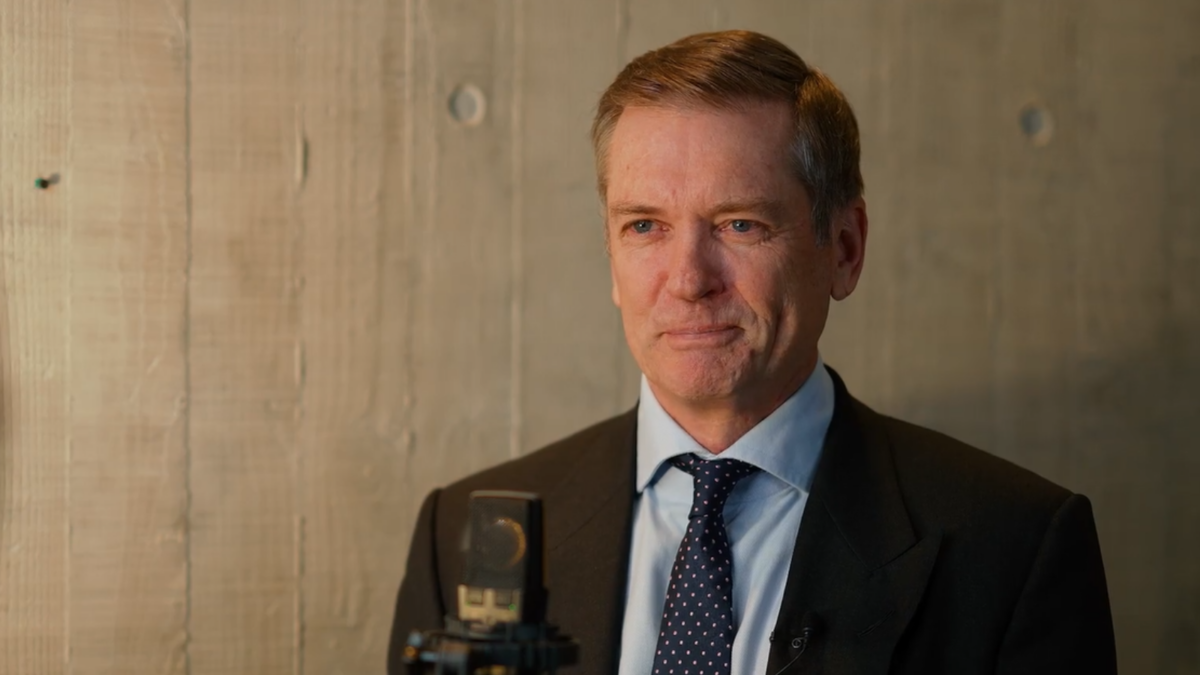Why higher rates don’t have to mean the end of fixed income
There has been a saying in markets for the last few years that fixed-income investments, favoured for their guaranteed returns and correlation benefits, have actually become “fixed-loss.” The driving factor was the threat (and now, realisation) that bond yields and cash rates were set to turn higher, reversing a four-decade tailwind.
Naturally, these types of conditions are challenging for traditional long-duration fixed-income investments like government bonds, but may actually represent opportunities for more flexible, multi-asset fixed-income approaches that span multiple sectors of the market. That is, according to Neuberger Berman, a leading global fixed-income manager.
Speaking in a recent market update, Ashok Bhatia, the firm’s deputy CIO for fixed-income, sought to allay the growing concerns about allocating to the asset class, by stressing three key points. The first is that the multi-asset strategies remain focused on investing for an environment of higher inflation rates, rather than pretending it won’t exist.
This option is afforded by their more flexible mandate around asset classes and duration, with Bhatia noting that “inflation will remain a key factor for portfolio construction for many quarters to come.” In fact, despite an expectation that inflation will peak, “any fall will likely leave inflation rates in the US and Europe at or above target levels over the next 12 months,” he explains.
Commenting on the duration risk that has seen many long-duration strategies post negative returns in 2022, he says “we are maintaining relatively low duration and are positioned for the yield curve to remain flat or continue to flatten.” This latter distinction is important, as the yield curve is not acting as many would expect, with an inverted curve historically pointing to a recessionary environment. “We expect the inflation environment to drive the Federal Reserve to continue hiking”.
The second lever available to multi-strategy managers is the ability to be more selective in sub-asset classes, with investors naturally gravitating to floating-rate options like bank loans, over fixed-rate facilities. More broadly, Neuberger Berman is seeking value in other pockets of the market, noting that “short-duration high-yield or short-duration emerging markets can also play important roles in providing income and total return, while minimizing volatility”.
In a similar way to portfolio construction, the stock selection process comes last, where Bhatia expects “company and sector exposures to become more differentiated” and hence, ripe for finding value and alpha generation. “Sectors that should see stronger revenue growth, such as travel and leisure, likely have better tailwinds for performance than sectors that could see pressure from rising interest rates, such as housing.”
Concluding, Bhatia notes that “in essence, we are focusing security-level investments in sectors and companies that we believe to be relatively insulated against, or even potentially beneficiaries of, this inflationary environment.”











